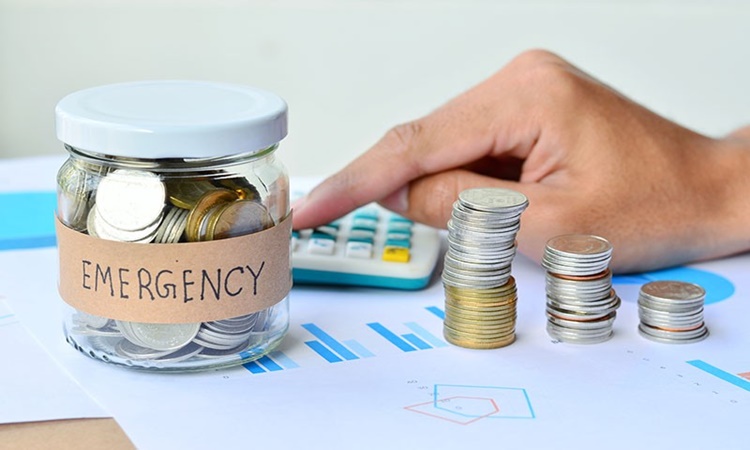Fundamentals of Establishing an Emergency Fund
EMERGENCY FUND – Here’s a guide to understanding and establishing your emergency fund.
In addition to regular savings, one of the most valuable investments a person can focus on is an emergency fund. The future is uncertain and filled with both positive and negative events. Unexpected incidents can occur at any time, making it incredibly reassuring to have the ability to withdraw money when needed.
An emergency fund acts as a safety net for fortuitous events, such as financial losses, medical expenses, or natural disasters. It is specifically designed to provide immediate resources during times of need or when finances are tight.

Why would you ever need an emergency fund?
First and foremost, it’s in the name itself: for emergencies. The timing and nature of such events are unpredictable, so preparedness is preferable to last-minute panic.
Secondly, it helps bridge financial gaps when your daily budget falls short, or when someone you know requires financial assistance.
To understand the purpose better, emergency funds can be categorized into short-term and long-term funds.
A short-term emergency fund ensures you have cash at your fingertips for unforeseen circumstances. Whether it’s a misplaced wallet, unexpected expenses, delayed salary, car repairs, or urgent bill payments, this fund provides you with a specific amount of money to ensure you won’t face financial hardship, even for a short duration.
Furthermore, a short-term emergency fund should suffice for you and your family to manage short-term financial challenges until your regular monthly income arrives.
On the other hand, a long-term emergency fund is there to help you weather larger-scale crises, such as serious health issues, sudden job loss, or natural disasters.
Having an emergency fund instills confidence that, no matter what happens, you have a dedicated financial resource to tap into, eliminating the need to take out loans or borrow from friends and family. The value of the emergency fund is not about its size but its ability to reduce financial stress in times of need.

To establish an emergency fund effectively, consider these tips:
1. Set a specific savings goal, determining the amount required to cover your daily or monthly expenses and the time needed to reach this target. Calculate the regular contributions needed to achieve your goal.
2. Spend your money wisely. While it’s okay to treat yourself occasionally, avoid impulsive spending and instead direct that money into your emergency fund, ensuring it’s put to good use.
3. Practice discipline by automating contributions to your fund through bill payment plans. This ensures consistent savings and limits the temptation to overspend.
4. Don’t underestimate the value of even small amounts of money. Saving spare change regularly can accumulate to a significant sum over time.
5. Opt for simpler alternatives. Instead of dining out, consider cooking at home, or replace a trip to the cinema with watching DVDs at home. These choices can lead to considerable savings.
Building an emergency fund isn’t overly challenging. With determination and consistency, you’ll achieve your goal in no time!
